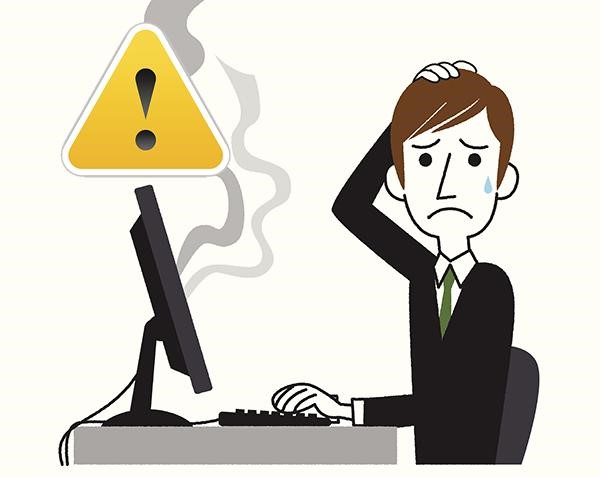In the modern world of connectivity that is awash with technology, and where daily activities depend heavily on electronic technology, servers breaking down can cause shock waves across our entire economy. The purpose of this article is to examine the apprehensive economic effects caused by these technology problems that disrupt the efficient running of companies and services. The article will examine the intricate complexities which range from financial damage as well as a loss of trust among consumers and will also consider possible strategies to overcome these problems. Here is server detail about windstream outages map.
Understanding Server Crashes: An Introduction
Before diving into the financial aftermath and the ramifications of this, we need to comprehend what a server crash really means. Server crashes occur when a server in a computer system that is in charge of managing and storing data on different online platforms, suffers sudden malfunction or failure. The disruption could result in websites, applications, and internet services being temporarily unavailable or totally unusable.
The Domino Effects on Business
The direct impact of server crashes is felt, particularly by companies that depend on their internet operation. Take e-commerce sites, as an instance. They are facing a crisis in the event that transactions stop or come abruptly stop. Customers are left without the ability to make purchases which results in revenue loss. With the advent of digital technology, disruption could result in major financial losses.
If Money Speaks the Real Price of Downtime
The economic impact of server failures can be measured in terms of financial costs. The companies not only see a decrease in their revenue, they also suffer higher costs while they try to correct the problem. The business may require technicians to speedily restart services, which could result in more expenses. Furthermore, long time periods without service may result in lost chances and could cause long-term negative effects on the reputation of a business.
Redefining the Foundations of Consumer Trust
It is the foundation for an economic system that is flourishing. When clients are faced with regular server failures or prolonged services that are not working, their trust in the security of the products they trust gets damaged. The loss of trust could cause customers to look for alternative choices, which could erode the market share of a company and its image. Rebuilding trust with consumers following the occurrence requires an enormous amount of effort and time.
Effects on Different Industries
The financial consequences of server malfunctions can be felt across the entire business. Whole industries that heavily depend on online connectivity, such as healthcare, finance, or transportation, can be affected by severe interruptions. For example, in the world of finance, trading platforms may be temporarily unavailable, leading markets to fluctuate. Healthcare, electronic medical health records as well as telehealth solutions may be compromised, possibly impacting patient care.
Innovation is disrupted and Productivity is hampered
The consequences of server failures don’t just affect financial loss. They also inhibit the development process and hamper productivity. Businesses rely heavily on cloud-based solutions to ease collaboration, communication, and storage of data. If these services fail and cause delays in workflows that hinder productivity. Innovative technologies that depend on constant web-based applications, such as Internet of Things (IoT) devices, can also be stuck, slowing the pace of the pace of technological advancement.
The Fallout is Minimized Strategy for building resilience
While the world of digital changes, businesses should be proactive about taking care to reduce the risks for their business with server malfunctions. Utilizing failover and redundancy systems allows for the continuation of operations regardless of technical issues. Continuous testing of plans for disaster recovery can be crucial in identifying weaknesses and improving response plans. Furthermore, diversifying the online service over multiple providers and servers helps reduce dependency on a single vulnerability.
Insuring into Technological Infrastructure
The most effective way to handle server failures is to stop them from occurring in the first place. Firms that invest in effective technology infrastructures are more equipped to deal with such events. This means keeping current software, flexible hardware as well as effective security measures. Continuous monitoring and regular maintenance will help you spot potential problems before they become complete accidents.
Collaboration and Sharing Knowledge
The prevention of economic damage from server failures requires collaboration and sharing of knowledge across different industries. If businesses work together, bringing information and resources and creating best practices to manage interruptions. Conferences, forums, as well as industry associations offer ways to exchange strategies and increase overall resilience.
The way to navigate in the Digital Storm
In a time where online interactions are shaping the shape of our society The repercussions from servers’ crashes should not be overlooked. They can affect consumers, businesses as well as entire industries. In the digital future strengthening our technology infrastructure and encouraging collaboration will be vital in surviving the turbulence caused by server malfunctions. In doing this it will pave the way for a digital economy that is resilient even in the face of technological obstacles and ensures the continued expansion and growth.
